Phenytoin
✅ Seizure control
✅ Prevents convulsions
✅ Manages epilepsy
✅ Stabilizes brain activity
✅ Reduces seizure frequency
Dilantin contains Phenytoin.
Product Overview
Dilantin is a prescription medication containing Phenytoin as its active ingredient, available in capsule form. Classified as an anticonvulsant, it is primarily used to manage and prevent seizures in patients with epilepsy. The medication functions by regulating electrical activity in the brain, inhibiting abnormal neuronal signals that may trigger seizures. The capsule formulation ensures convenient oral administration, typically taken with water.
Uses
This medication is indicated for the treatment of epilepsy, effectively controlling various seizure types including generalized tonic-clonic seizures, partial seizures, and complex partial seizures. By modulating brain electrical activity, Dilantin reduces seizure frequency and intensity. It may also be prescribed off-label for certain neurological conditions, mood disorders, or neuropathic pain management.
How to Use
Administer Dilantin capsules orally with a full glass of water, either with or without food to minimize gastrointestinal discomfort. The capsules must be swallowed whole – never crushed, chewed, or opened. Strict adherence to the prescribed dosage schedule is crucial for maintaining therapeutic blood levels and optimal seizure control. Consistent daily dosing at regular intervals is recommended.
How it Works
Phenytoin, the active component of Dilantin, exerts its therapeutic effect by blocking voltage-sensitive sodium channels in neuronal membranes. This action stabilizes neuronal excitability thresholds, preventing the hypersynchronous electrical discharges characteristic of epileptic seizures. The mechanism effectively limits the propagation of seizure activity throughout neural networks.
Dosage and Administration
Dosage regimens are individualized based on patient-specific factors including age, body weight, clinical response, and concurrent conditions. Therapy typically initiates with lower doses, gradually titrated upward to achieve seizure control while minimizing adverse effects. Standard adult maintenance dosing ranges from 100-300 mg daily, typically divided into two or three administrations. Regular therapeutic drug monitoring guides dosage adjustments.
Benefits
Dilantin provides significant clinical benefits for epileptic patients, including reliable seizure prophylaxis, decreased seizure severity, and enhanced quality of life. Its neuronal stabilizing properties enable patients to maintain greater independence and daily functioning. The convenient capsule formulation offers flexible administration options regarding meal timing.
Common Side Effects
Frequently reported adverse effects include:
– Dizziness
– Sedation
– Cephalgia
– Gastrointestinal disturbances (nausea, vomiting, constipation)
– Motor coordination changes
These typically represent transient adaptation responses that often resolve with continued therapy. Persistent or worsening symptoms warrant medical consultation. Rare but serious reactions may include hypersensitivity responses, hepatic dysfunction, or hematologic abnormalities requiring immediate medical attention.
Warnings
Pre-treatment considerations:
– Disclose all medical history, particularly hepatic/renal impairment or cardiac conditions
– Review current medications for potential interactions (including other antiepileptics, anticoagulants, and psychotropics)
– Avoid concurrent alcohol or CNS depressant use due to additive sedative effects
– Exercise caution when operating machinery or performing hazardous activities
Storage Information
Proper storage conditions:
– Maintain at controlled room temperature (20-25°C)
– Protect from moisture, heat, and light exposure
– Keep in original packaging, secured away from children and pets
– Avoid bathroom or kitchen storage due to humidity
– Verify expiration dates before use and dispose of expired products appropriately
Disclaimer:
The provided information represents expert-reviewed, accurate medical content intended for educational purposes only. This content does not encompass all potential adverse effects, contraindications, or drug interactions. It should not substitute for professional medical advice, diagnosis, or treatment. Always consult qualified healthcare providers regarding medical conditions or therapeutic regimens. This information aims to supplement, not replace, the essential physician-patient relationship.
| Strength | 100 mg |
|---|---|
| Quantity | 100 Capsule/s, 200 Capsule/s, 300 Capsule/s, 600 Capsule/s |
 Phenytoin
Phenytoin









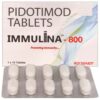
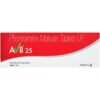



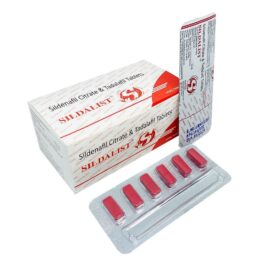
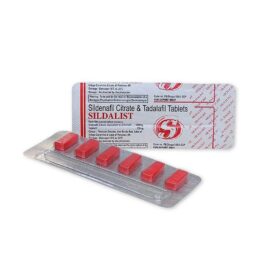
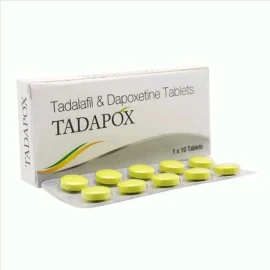
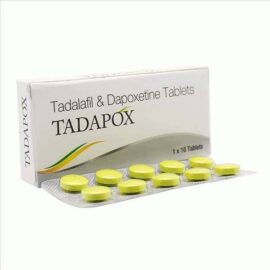


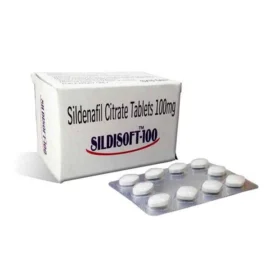
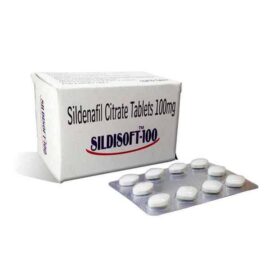
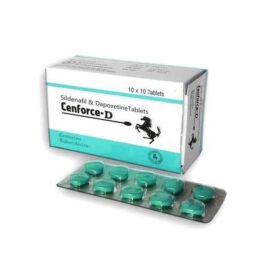
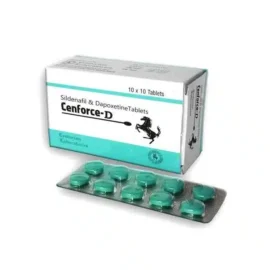

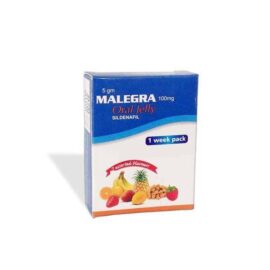

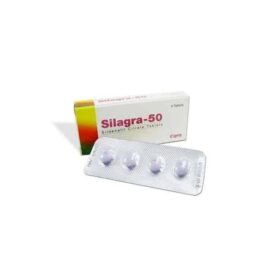


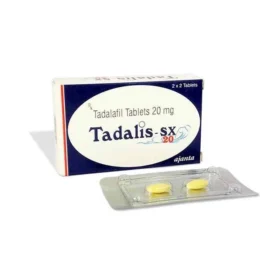
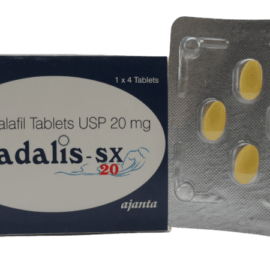
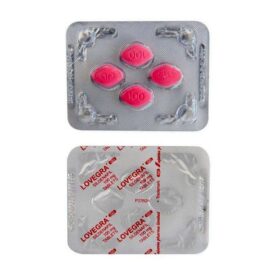
Reviews
There are no reviews yet